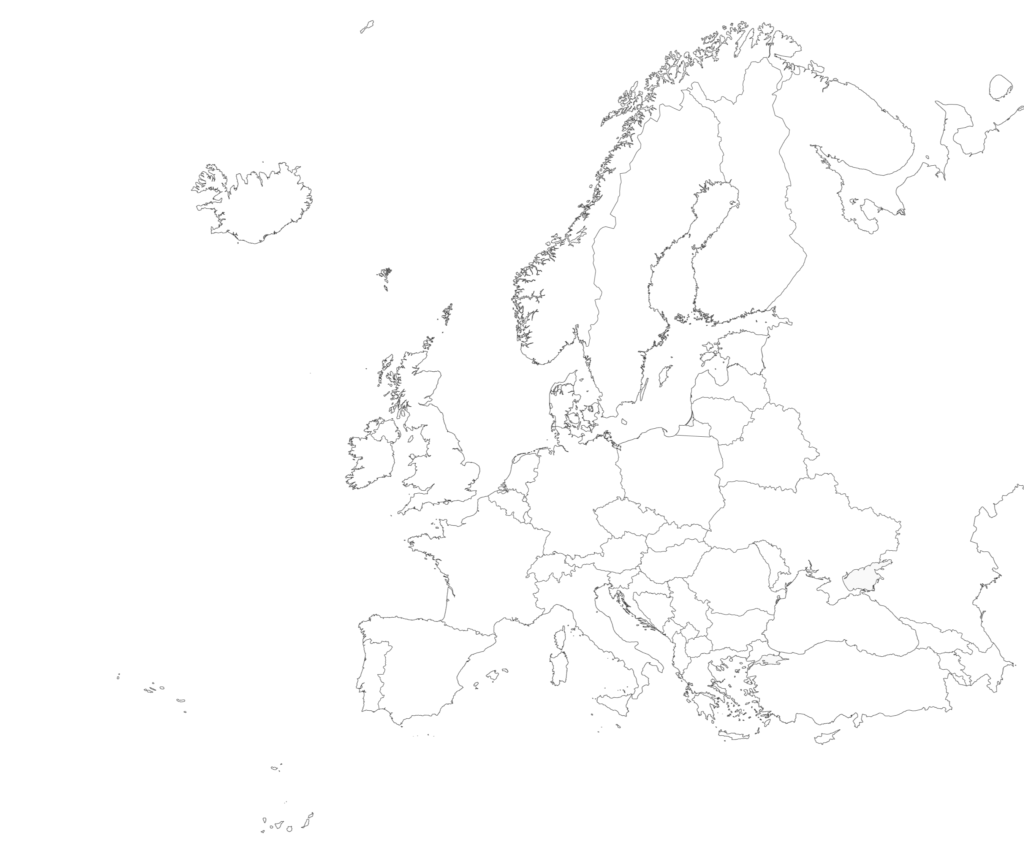
Corsica, known as the “Isle of Beauty,” is a rugged gem in the Mediterranean Sea with a rich and storied past. Birthplace of Napoleon Bonaparte, the island bears the marks of its diverse history, from ancient Greek and Roman influences to medieval Genoese rule. Its dramatic landscapes, from towering mountains to pristine beaches, have inspired artists and poets for centuries. Corsica’s fiercely independent spirit is evident in its unique culture, language, and traditions, making it a captivating destination for adventurers and history enthusiasts.
Corsican cuisine is a delight for the senses, with flavors influenced by the island’s Mediterranean climate and culinary heritage. Indulge in local specialties like figatellu (a traditional Corsican sausage), pulenda (a hearty cornmeal dish), and fiadone (a delectable cheesecake). Sample the island’s renowned charcuterie, artisanal cheeses, and seafood caught in the crystal-clear waters of the Mediterranean. Wash it all down with a glass of Corsican wine or a sip of the island’s famous chestnut liqueur.
While Corsica’s natural beauty is well-known, there are plenty of unexpected adventures on the island. Explore the remote village of Nonza, perched on a cliff overlooking the sea, and visit its dramatic black sand beach. Discover the ancient megaliths of Filitosa, a prehistoric site dating back thousands of years. Hike the rugged GR20 trail, considered one of Europe’s most challenging long-distance hikes, and experience Corsica’s wild and untamed landscapes up close.
Calanques de Piana
Polyphonic
Figatellu
Laricio
Maquis
Spring brings blooming wildflowers and mild temperatures, perfect for hiking and outdoor activities. Summer is peak tourist season, with warm weather and long days ideal for beach trips and water sports. Fall sees fewer crowds and cooler temperatures, making it a great time for exploring historic sites and vineyards. Winter is the quietest season, perfect for peaceful walks and culinary experiences.
Corsica is accessible by air and sea. The island has four airports: Ajaccio, Bastia, Calvi, and Figari, with flights from mainland France and other European cities. Ferries also connect Corsica to mainland France and Italy, with ports in Ajaccio, Bastia, Calvi, and Porto-Vecchio. Once on the island, rental cars, buses, and trains provide transportation options for exploring Corsica’s diverse landscapes and charming towns.